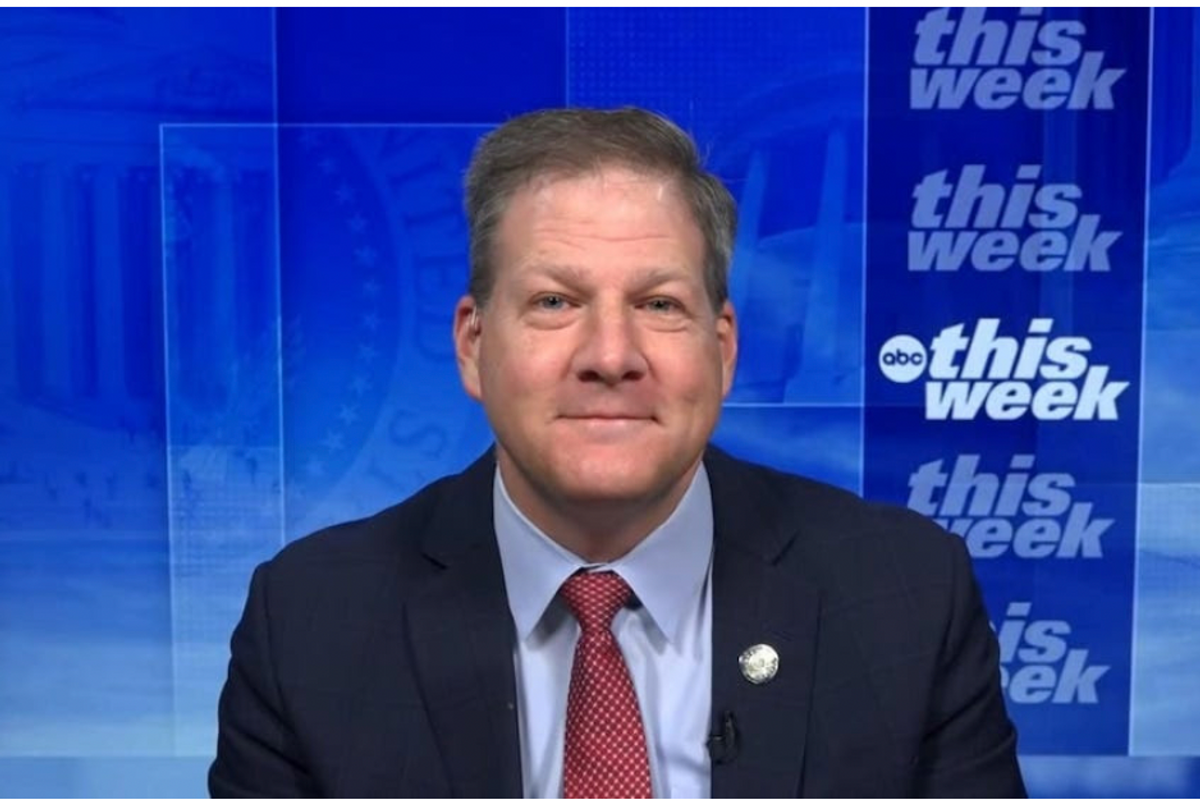
Dec. 9 (Bloomberg) — In a major speech last week, Treasury Secretary Jack Lew argued that we need to keep pushing forward with financial reform. He made some encouraging points about the need to reduce systemic risks arising from money-market mutual funds and for appropriate funding levels at the Securities and Exchange Commission and the Commodity Futures Trading Commission, and he spoke clearly about the need for accountability of regulators and of bank executives. But a huge misconception in his remarks threatens to swamp everything.
Lew argued that the problem of “too-big-to-fail” banks is well on its way to being fixed.
“Earlier this year, I said if we could not with a straight face say we ended ‘too big to fail,’ we would have to look at other options,” Lew said. “Based on the totality of reforms we are putting in place, I believe we will meet that test, but to be clear, there is no precise point at which you can prove with certainty that we have done enough. If, in the future, we need to take further action, we will not hesitate.”
So Lew is arguing that we are on the verge of making it possible for large complex financial institutions — really the six biggest U.S. banks — to fail. Could these entities now really go bankrupt, unencumbered by any kind of government support, with their shareholders wiped out and major potential losses for their creditors, as is the case with almost all other private-sector companies? (In July, Lew set the end of 2013 as a deadline for the disappearance of too big to fail; this seems to be another red line that the administration won’t enforce.)
It is very difficult to find anyone in the private sector — in finance or elsewhere — who shares Lew’s view. (With the exception, of course, of people working for the Big Six or supported by them financially.)
Lew’s logic breaks down in three places.
First, he says the Wall Street Reform and Consumer Protection Act states “clearly that no financial institution is ‘too big to fail.’”
Actually, it doesn’t. The legislation makes it illegal to provide some forms of support to specific companies (for example, the kind of loan that American International Group Inc. (AIG) received in September 2008 probably wouldn’t be allowed). But this prohibition would hardly strain the creativity of the New York Fed the next time it wants to prop up a failing institution. As long as support is available to a broad class of assets or to a set of companies, almost anything remains possible. (Yes, I know that there is a change in some procedures for authorizing support, but anyone who has lived through financial crises can tell you that such formalities are meaningless when the people in charge decide that a bailout is in order.)
The next bailout won’t come from Congress — no one would try to repeat the Troubled Asset Relief Program in this political environment. It will come from, or at least via, the Fed.
Furthermore, with regard to “living wills” — the largest banks’ plans for going bankrupt without causing worldwide financial panic — Lew said “regulators will require firms to rework these plans if they are not credible.”
If the companies “are unable to provide a credible plan,” he said, “regulators can impose remedies, including requiring firms to divest or realign their businesses.”
In truth, there has been no sign of either credible plans or any kind of “remedies.” To suggest that the regulators are really going to use this power is hardly plausible.
In particular, there is no indication that the staff or governors of the Federal Reserve System are moving in this direction.
Lew also puts great stock in the new — and unproven — resolution powers of the Federal Deposit Insurance Corp. The Treasury secretary misses the crucial legal point: This authority is supposed to be a backup, only used if bankruptcy suddenly becomes unappealing.
And he completely ignores (at least in this speech) the inherent difficulties of cross-border resolution, which requires — but can never achieve — cooperation between courts and regulators in different countries. Under present conditions, it would cause another destabilizing scramble for assets.
I favor resolution as a fallback (I’m a member of the FDIC’s Systemic Resolution Advisory Committee, which meets again this week), and the law clearly says it shouldn’t be a first resort (a point that Lew missed). But cross-border resolution won’t work for the megabanks, not unless you offer a U.S. bailout that fully protects all creditors in foreign jurisdictions. But if that occurs, it will no longer be the case that “shareholders, creditors, and executives — not taxpayers — will be responsible if a large financial institution fails.”
I could go on. Lew claims that equity capital is now high enough to make a difference, but he doesn’t provide any relevant numbers — for example, comparing current equity levels with the extent of losses that we have observed or are likely to observe in crises.
Lew says the Volcker rule, the final version of which will be released this week, will make a big difference. I doubt there is enough transparency in the global megabanks for anyone to see the new ways in which proprietary bets are disguised.
There is a real danger that senior officials are ready to declare victory, while changing essentially nothing about the reality of what makes a global megabank too big to fail.
(Simon Johnson, a professor at the MIT Sloan School of Management as well as a senior fellow at the Peterson Institute for International Economics, is co-author of White House Burning: The Founding Fathers, Our National Debt, and Why It Matters to You.)
AFP Photo/Jim Watson


